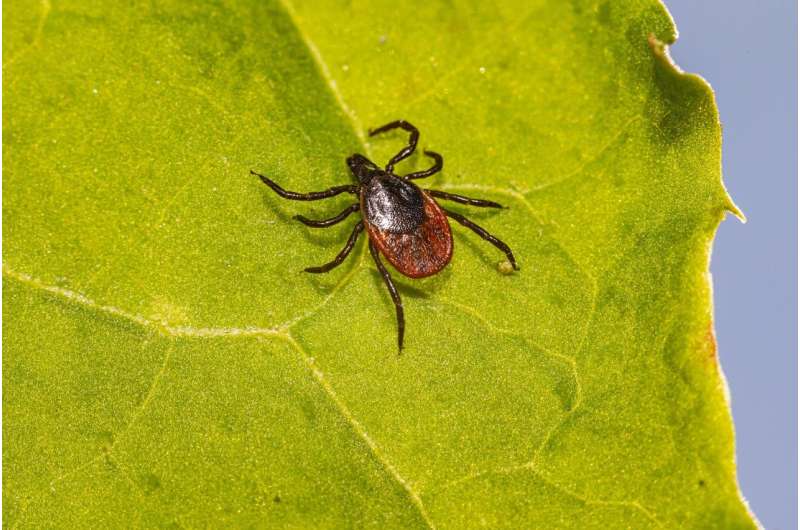Enterovirus D68 Linked to Severe Respiratory Illness in Children Without Asthma

Studies show Enterovirus D68 can cause severe respiratory illness in children without pre-existing conditions like asthma, with higher risks in those with nonasthma comorbidities. Enhanced surveillance is essential during outbreaks.
Recent research by the Centers for Disease Control and Prevention (CDC) and several US pediatric medical centers highlights a significant connection between Enterovirus D68 (EV-D68) and serious respiratory illnesses in children who do not have a history of asthma. The study observed that children with no prior respiratory conditions, including those without reactive airway disease (RAD), experienced severe illness requiring hospitalization, often involving the need for supplemental oxygen and intensive care.
Enterovirus D68 has been known to cause symptoms resembling asthma, but recent outbreaks underscore that it can lead to severe respiratory complications even in children without any underlying lung conditions. Notably, during the 2014 nationwide outbreak, there was a spike in cases of acute flaccid myelitis (AFM), a neurological disorder presenting with limb weakness, raising concerns about the broader impact of EV-D68.
A systematic study published in JAMA Network Open analyzed data from 2017 to 2022, involving 976 children under 18 with confirmed EV-D68 infections across seven academic medical centers. Findings indicated that more than half of these children needed hospitalization, with a substantial number requiring supplemental oxygen or ICU admission. Interestingly, children with underlying nonasthma medical conditions had notably higher odds of experiencing severe outcomes, including three times higher likelihood of ICU admission.
The study also observed peaks in EV-D68 detections in 2018 and 2022, accounting for the majority of cases identified during those years. During the COVID-19 pandemic surveillance period, increased oxygen usage was particularly evident among children with nonasthma conditions. Importantly, asthma history alone did not significantly predict severe illness, although many children hospitalized with EV-D68 exhibited asthma-like symptoms.
This research suggests that healthcare providers and public health officials should broaden their focus during EV-D68 outbreaks to include children with various underlying health conditions, not just those with asthma. Awareness that otherwise healthy children can develop severe respiratory illnesses from EV-D68 emphasizes the need for robust surveillance and preparedness strategies.
In conclusion, EV-D68 poses a serious health risk to children across different health backgrounds. Both clinicians and parents should be aware that children without prior respiratory issues can suffer severe outcomes, underscoring the importance of vigilant monitoring and rapid intervention during outbreaks.
Source: https://medicalxpress.com/news/2025-05-enterovirus-infections-linked-severe-respiratory.html
Stay Updated with Mia's Feed
Get the latest health & wellness insights delivered straight to your inbox.
Related Articles
Ankle Regeneration Insights Offer Hope for Cartilage Repair in Osteoarthritis
New research reveals the ankle's natural capacity to regenerate cartilage, paving the way for innovative treatments for osteoarthritis and joint repair. Discover how smRNAs in ankles might unlock regenerative potential for less adaptable joints.
RNA Sequencing Outperforms DNA Techniques in Detecting Critical Cancer Mutations
Targeted RNA sequencing outperforms DNA methods in detecting key cancer mutations, leading to more accurate diagnoses and personalized treatments in oncology.
Low Pre-Pregnancy Blood Sugar Levels Associated with Increased Risks During Pregnancy
Research shows that low blood sugar levels before conception are linked to higher risks of preterm birth, low birth weight, and other pregnancy complications, emphasizing the need for preconception screening.
Understanding the Long-Term Symptoms of Lyme Disease
Learn about the persistent symptoms of Lyme disease, how it spreads, and effective prevention strategies to protect yourself from this tick-borne illness.



